Meet 10 Baylor women who’ve blazed new trails in law & politics
When Baylor was chartered in 1845, it was one of the first coeducational colleges or universities west of the Mississippi River — about 10 years before any public institution of higher learning would introduce mixed-gender learning, and a full 75 years before American women were guaranteed the right to vote.
Since that groundbreaking beginning, countless women have come through the halls of Baylor before going on to do amazing things. Here’s a look at some Baylor Bears who have made lasting changes in the world of politics and law — at the local, state and national level:
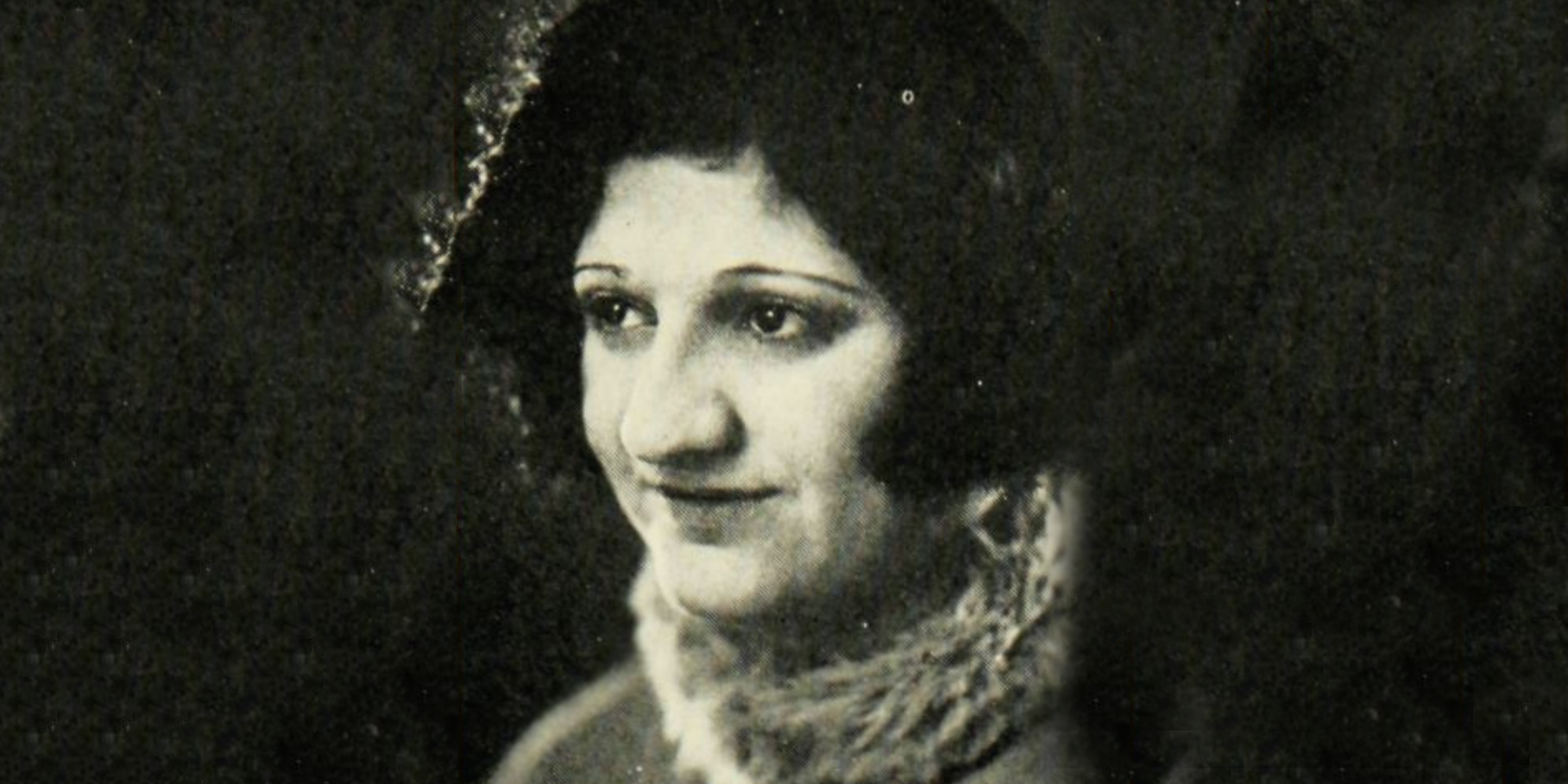
Emeline Abood Jackson (JD ’26) was Baylor Law School’s first female graduate.
After Baylor, Jackson spent time in Washington, D.C., managing the office of Congressman John Lyle, Jr. During World War II, she worked closely with other governments to bring people to the U.S. from war-stricken countries. Later in life, she worked as a court reporter and lawyer, and was involved in the League of Women Voters and the American Association of University Women. She continued working into well into her 80s; the last position she held was with the law office of Sissy Farenthold, who had campaigned for governor of Texas and been considered among the possible candidates for U.S. vice president during the 1972 Democratic National Convention.
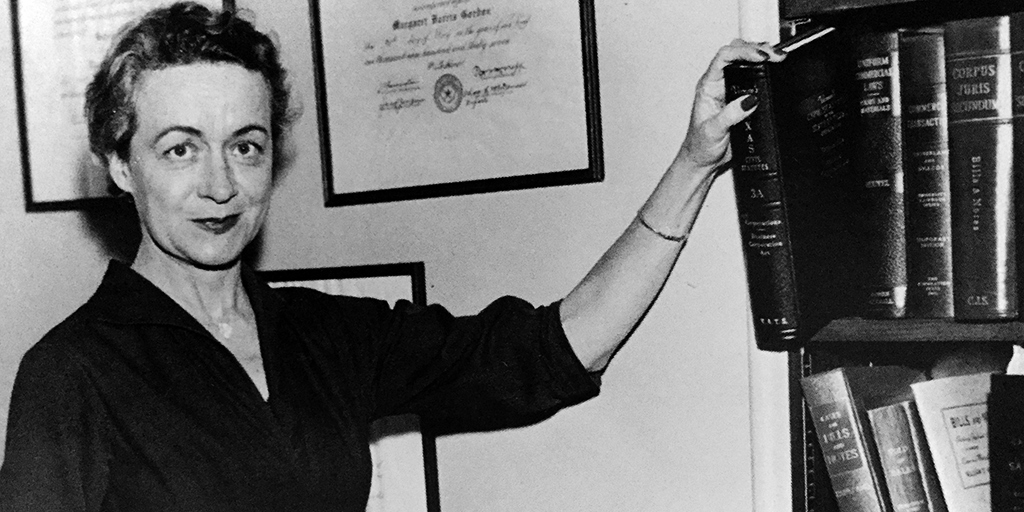
Margaret Amsler (BA ’29, JD ’37) spent over 30 years teaching at Baylor Law School, played a key role in reopening it after World War II, and can be credited with giving women in Texas the right to own their own property and enter into contracts.
Amsler’s father, Judge Nat Harris — also a Baylor graduate (class of 1900) and longtime Baylor Law School professor — encouraged her to follow her passion for law. After graduating from Baylor with degrees in both English and French, she returned for her law degree, graduating first in her class (of which she was the only woman). Amsler went on to become the first woman in Texas (and just the third in the nation) to hold a tenure-track position in a law school (1941), the first woman employed by the Texas Supreme Court (1942), and the first recipient (male or female) of the State Bar of Texas’ Presidents’ Award (1961). In 1946, she served as acting dean of Baylor Law when the school reopened after World War II, and in 1963, she helped write the Texas Married Women’s Act, which gave women the long-overdue right to own property and enter into contracts.
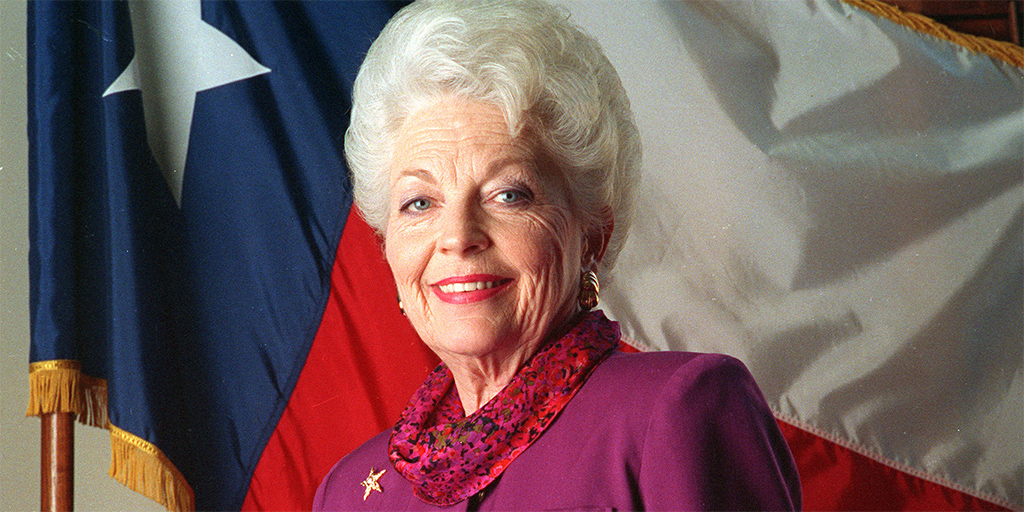
Ann Richards (BA ’54) is a woman who needs no introduction for most Texans.
From 1991-95, Richards was the governor of Texas — only the second woman to hold the position. Her political career began in 1976 when she became the first woman elected to the Travis County Commissioners Court in Austin. Six years later, she was elected as state treasurer, a position that made her the first female statewide-officeholder in 50 years and served as a springboard for her historic 1990 gubernatorial run. As governor, she became known nationwide for her wit, humor and plainspoken speaking ability, skills honed many years before in Baylor debate contests. Today, she’s remembered as a pioneer who opened the door for generations of women to follow in her footsteps in Texas politics.
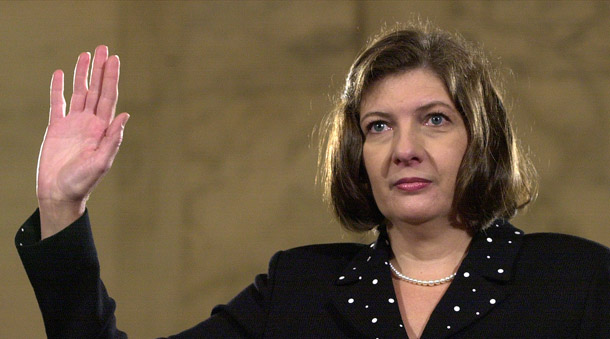
Priscilla Owen (BA ’76, JD ’77) is Chief Judge of the United States Court of Appeals for the Fifth Circuit, having joined the court in 2005 and been promoted to chief judge in 2019.
After serving as editor of the Baylor Law Review, Owen received the highest score on the December 1977 Texas bar examination. She worked in private practice until 1993, when she was elected to the Texas Supreme Court. After a decade there, she was appointed to the United States Court of Appeals for the Fifth Circuit by President George W. Bush.
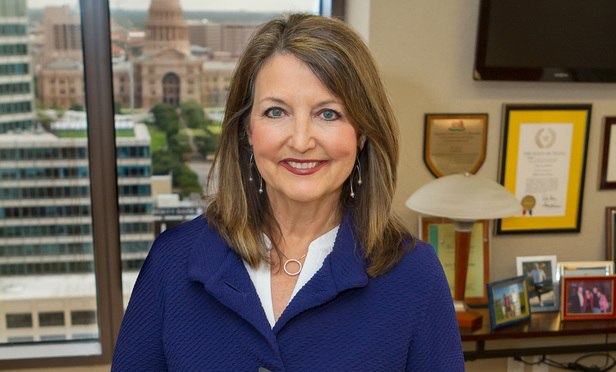
Jerry Clements (JD ’81) has been named among the nation’s 50 most influential female lawyers and in 2019-20 served as Baylor’s first female Board chair.
During her 30-plus years of litigation experience, Clements has represented Fortune 500 companies across a wide range of industries and built an impressive record of resolutions in complex disputes in the area of commercial litigation. In her former role as chair and managing partner of Locke Lord, she managed one of the country’s top 100 law firms — one of just a handful of women doing so at the time. She moved into a new position as Chair Emeritus at Locke Lord at the end of 2017.
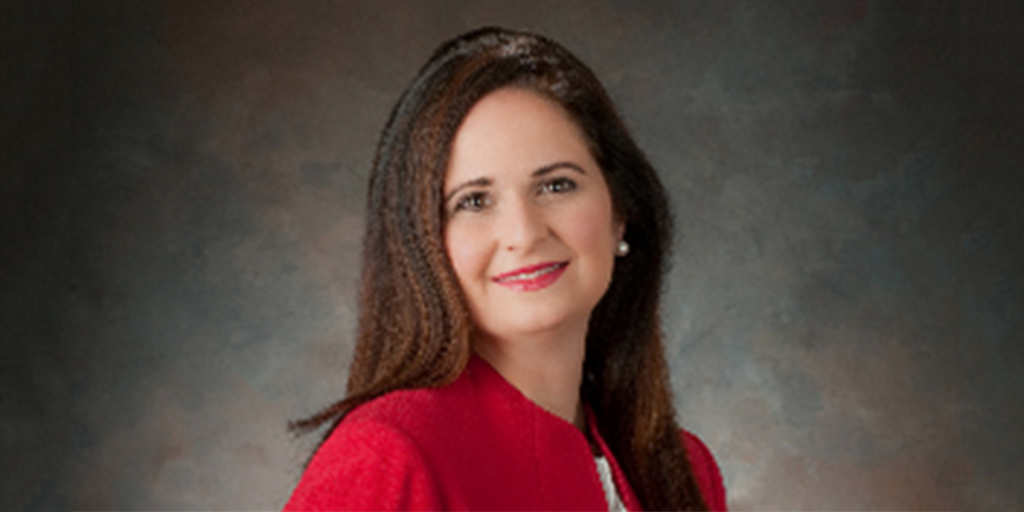
Jennifer Walker Elrod (BA ’88) is a United States Circuit Judge of the United States Court of Appeals for the Fifth Circuit, appointed in 2007.
Elrod graduated magna cum laude from Baylor with a degree in economics in 1988 and was named Outstanding Graduating Senior of the Honors Program. Right after that, she went to Harvard Law School, where she was senior editor of the Harvard Journal of Law & Public Policy and graduated cum laude with her J.D. in 1992. After two years clerking for a federal judge and eight years at Baker Botts, Elrod became a Texas district court judge in 2002 and was appointed to the U.S. Fifth Circuit in 2007.
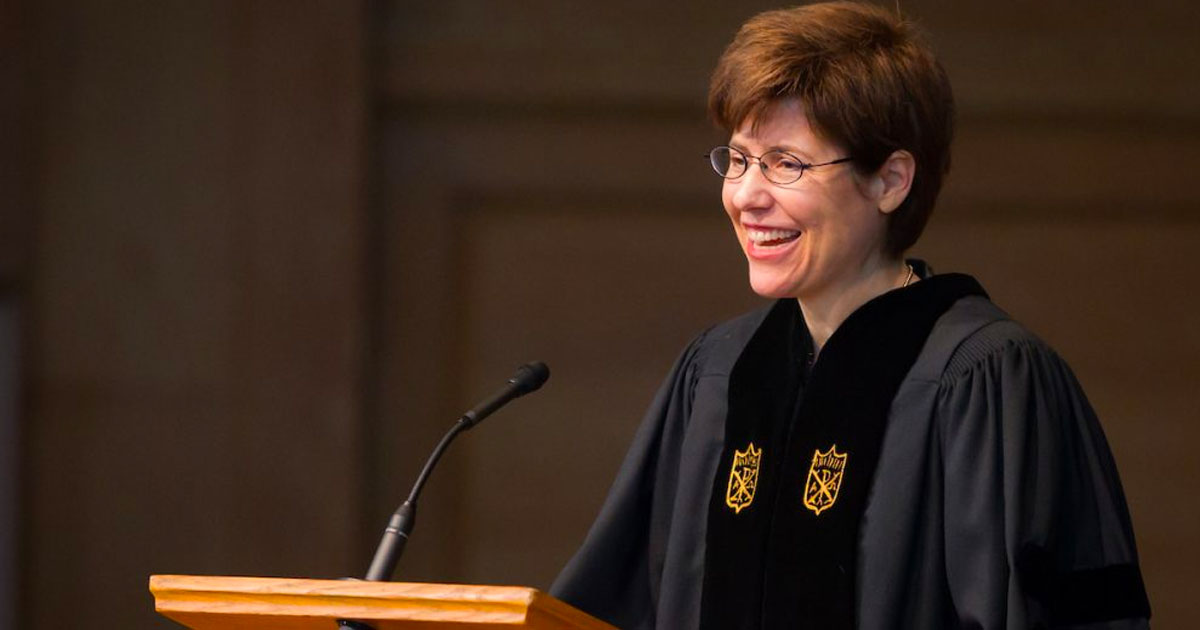
Melissa Rogers (BA ’88) is a church-state lawyer who has served as executive director of the White House Office of Faith-based and Neighborhood Partnerships from 2013-17 and 2021-present.
An expert on church-state relations and lifelong Baptist, Rogers earned Phi Beta Kappa honors and a bachelor’s degree in history from Baylor before graduating from the University of Pennsylvania Law School. In her role at the White House, she led efforts such as fighting the Ebola and Zika viruses and ensuring schoolchildren received nutritious meals during the summer. Inbetween stints with the White House, she served as a visiting professor at Wake Forest University Divinity School, directing the Center for Religion and Public Affairs.
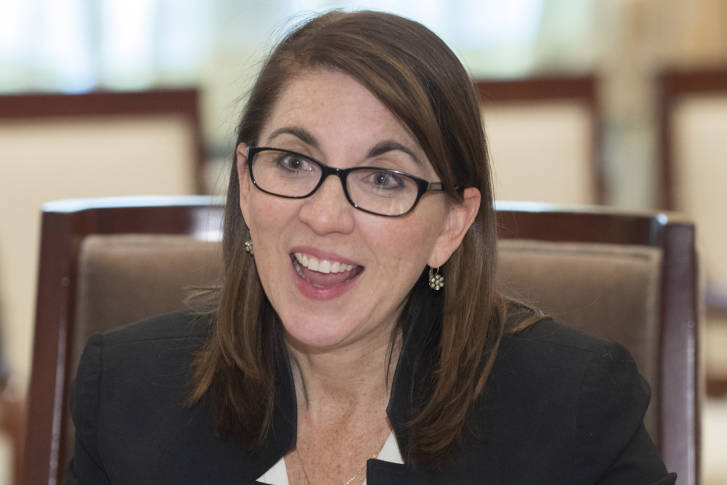
Michelle Andrews Smith (BA ’90, MIJ ’91) is chief of staff at the Federal Reserve and also directs communications.
Smith first began working for the Federal Reserve Board in 2001. In a nutshell, her job is to advise some of the best economic minds on how to communicate with the public — which is where her Baylor degrees in journalism and science really come in handy! Over the last decade, as the country entered the Great Recession and the Federal Reserve came under even closer scrutiny than usual, it has been Smith’s responsibility to explain the Reserve’s actions to the public — a tough task by any measure.
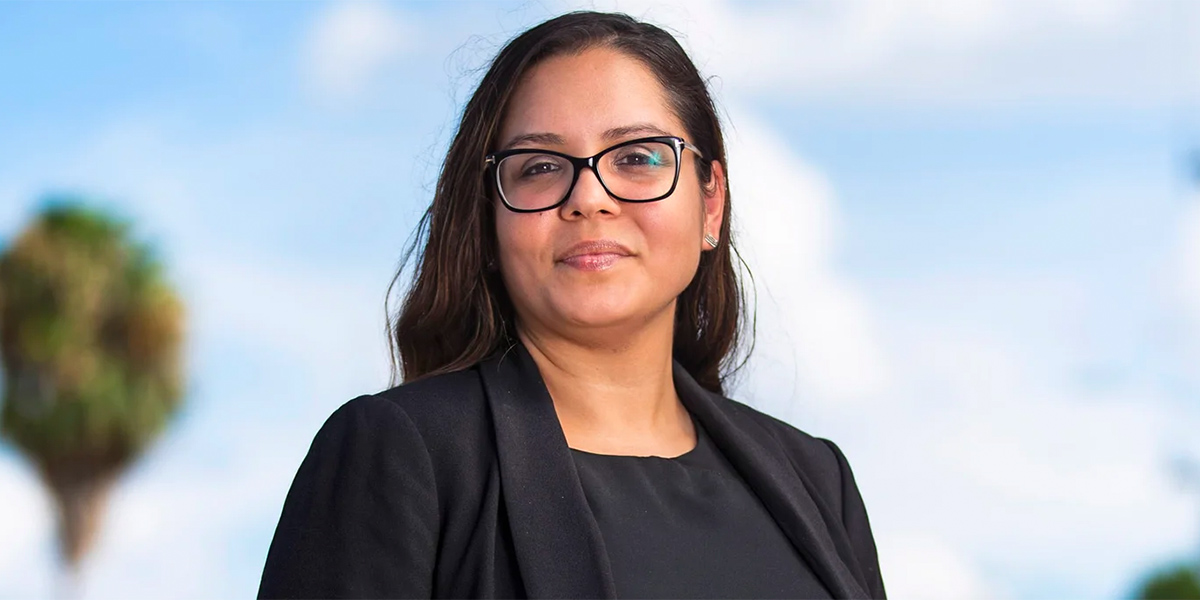
Mayra Jimenez (BBA ’09) is regional deputy director of U.S. Legal Services for International Rescue Committee, helping people around the world who have been affected by humanitarian crises.
Jimenez joined the IRC in 2023 after a decade at RAICES, a San Antonio-based organization that provides free and low-cost legal services and advocacy for immigrants — including stints as vice president of legal services and interim chief programs officer. There, she helped lead a legal department assisting tens of thousands of U.S. immigrants (including countless children) each year as they navigated U.S. immigration law. Jimenez’s relationship with the organization began shortly after she graduated from Baylor, as a volunteer while in law school. In 2019, she and some of her RAICES coworkers were named among Glamour‘s Women of the Year for their work.
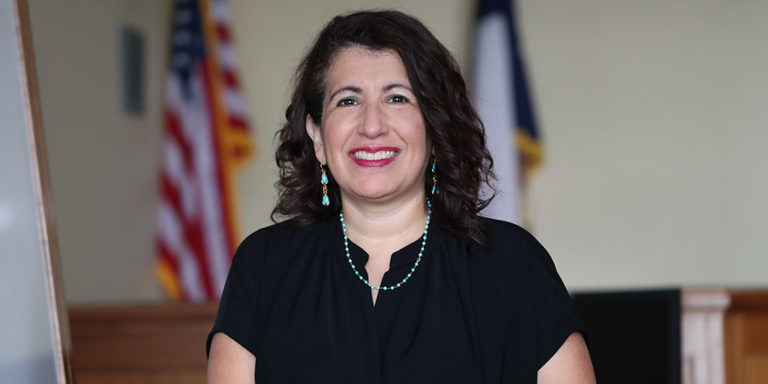
Laura Hernandez is a Baylor Law School professor and a nationally recognized expert on immigration law.
The daughter of parents who came to the United States from Mexico, Hernandez earned her bachelor’s from Stanford and her law degree from SMU before finding her way to Baylor, where her expertise has been called upon by many leading news outlets and journals — including The New York Times, Wall Street Journal, Texas Public Radio, The National Jurist and the Journal of Law and Public Policy. In 2012, she co-founded the Baylor Law Immigration Clinic, which provides free legal assistance to help guide DACA-eligible individuals through the tedious and sometimes confusing application process to meet the law’s requirements.
These are just a handful of the countless Baylor women who have made (and who continue to make) their marks in politics and law. Of course, there’s not enough room (even on a blog) to list every notable Baylor woman; if there’s someone you think particularly deserves to be honored, please let us know!
Sic ’em, Bears!
You might also like:
* Meet 32 Baylor women who have made their marks on the world of education
* Meet 12 Baylor women who have made names for themselves in the arts
* Meet 8 Baylor women who blazed new trails in the sciences

